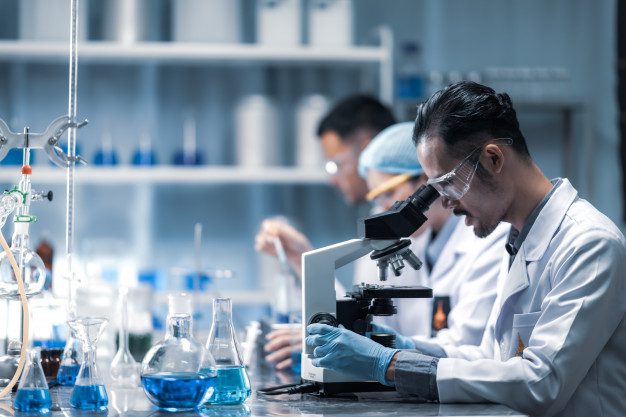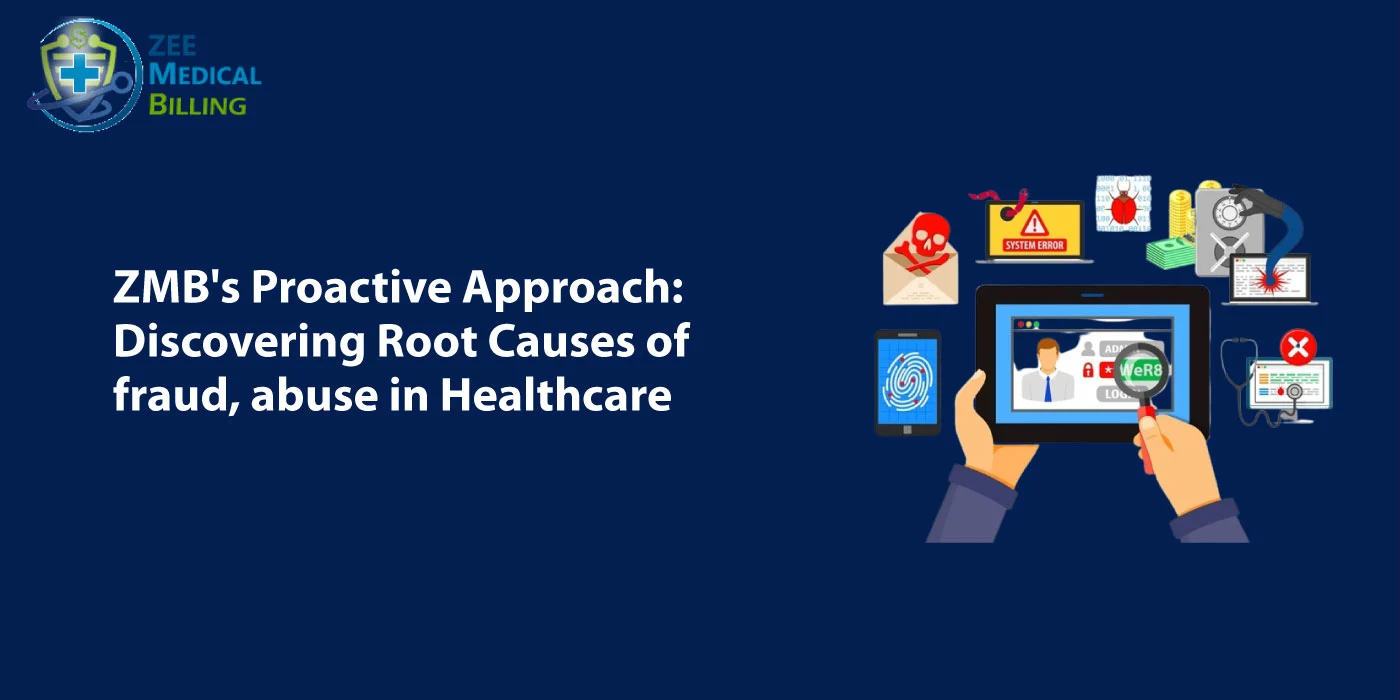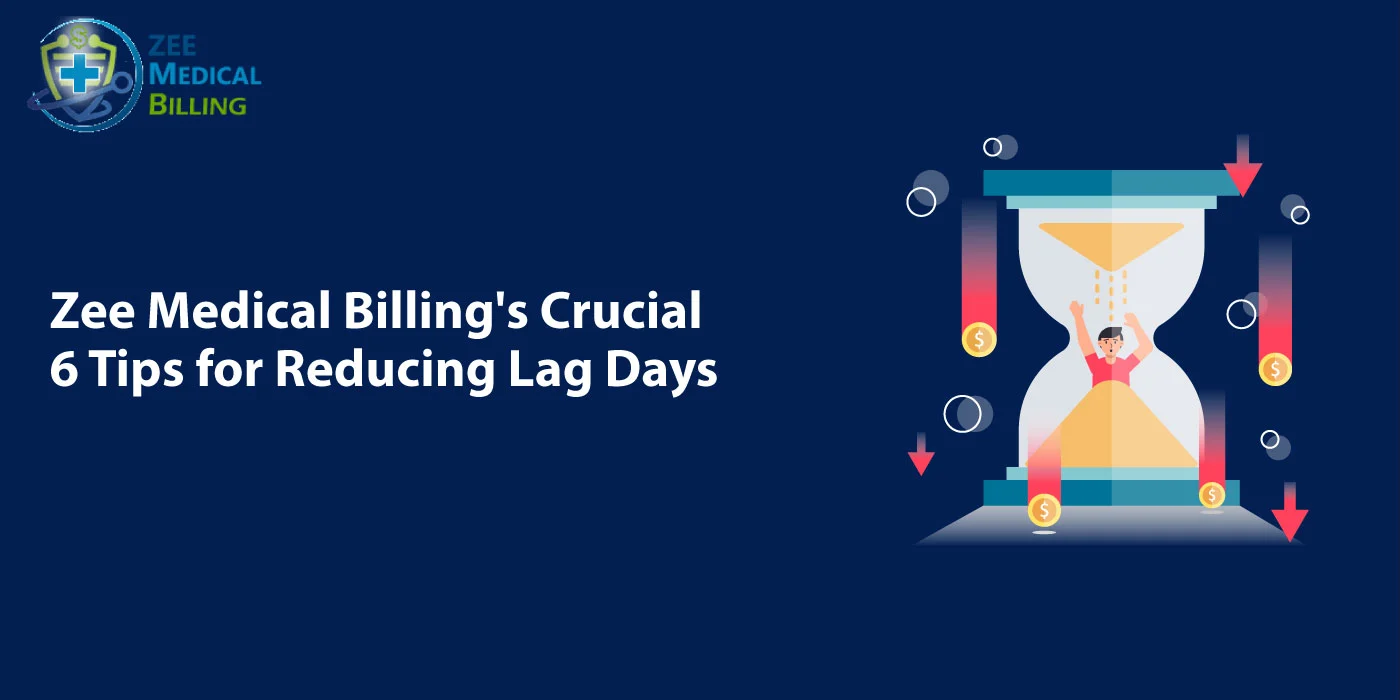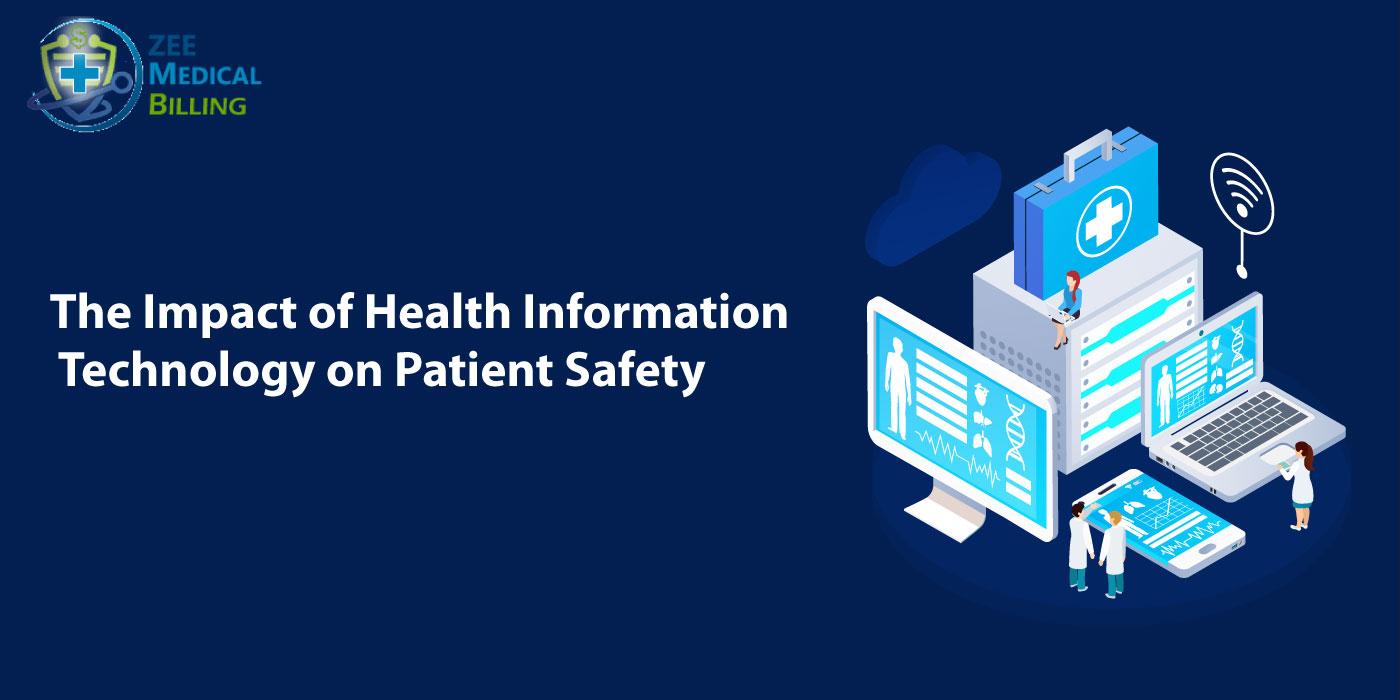 Pharmacy and pharmacology are amongst many career options that are much confused with each other. Although these two terms sound very similar, the duties and responsibilities linked with them vary greatly. To help students make the right decision, ZEE medical billing is highlighting the difference between these two professions and reviewing the requirements for enrolling in both programs.
Pharmacy and pharmacology are amongst many career options that are much confused with each other. Although these two terms sound very similar, the duties and responsibilities linked with them vary greatly. To help students make the right decision, ZEE medical billing is highlighting the difference between these two professions and reviewing the requirements for enrolling in both programs.
Difference between Pharmacy and pharmacology
The basic difference between pharmacy and pharmacology is that a pharmacist is committed to dispensing the drugs accurately while a pharmacologist is responsible for developing them. Just like medical billing services and medical coding services are two different but connected fields, the same is the case with pharmacy and pharmacology.Who is a Pharmacist?
The pharmacist is the person you interact with when you step into any pharmacy; whether an independent drug store, a national chain, or a separate pharmacy within a hospital/clinic. Pharmacists are responsible for preparing a combination of medication as per the prescription. They are also liable for providing physician-recommended drugs to their customers carefully. Furthermore, pharmacists are responsible for educating customers about the proper use of medication and specifying how many times, and at what intervals, it should be taken. Pharmacists must have detailed knowledge about the human body and its immune system along with an understanding of disease management. They have to clearly communicate to the customer if the use of any other drug along with the prescribed one can be harmful to their health. Pharmacists must warn the customer about the side effects that may follow the use of specific medicine and guide them in advance about the action plan to be followed in case the prescribed doses are missed.
Furthermore, pharmacists are responsible for educating customers about the proper use of medication and specifying how many times, and at what intervals, it should be taken. Pharmacists must have detailed knowledge about the human body and its immune system along with an understanding of disease management. They have to clearly communicate to the customer if the use of any other drug along with the prescribed one can be harmful to their health. Pharmacists must warn the customer about the side effects that may follow the use of specific medicine and guide them in advance about the action plan to be followed in case the prescribed doses are missed.
Who is a Pharmacologist?
A pharmacologist is not a pharmacist what is commonly assumed by most people. In fact, they do not even work at a pharmacy. Pharmacologists have more research-based jobs. Pharmacologists endeavor to find out what would be the impact of a particular drug on the human body. They work in a laboratory where they try to assess the safety and effectiveness of different drugs. They help prepare and discover new medicines by exploring how certain drugs may fight various diseases. Pharmacologists conduct experiments to find out the safe dosage of a particular drug, and how the medicine would react if administered along with other drugs.
A pharmacologist has an understanding of disease processes and drug mechanisms, an in-depth awareness of biochemistry, and the latest techniques and processes being used for testing drugs and diagnosing diseases.
To summarize the differences, it would be right to say that pharmacy and pharmacology are similar to product distribution vs. product development. Consequently, a pharmacist would need excellent people skills because the job requires dealing with customers on a daily basis. On the other hand, a pharmacologist’s interaction will be limited but this job demands excellent research skills.
Pharmacologists endeavor to find out what would be the impact of a particular drug on the human body. They work in a laboratory where they try to assess the safety and effectiveness of different drugs. They help prepare and discover new medicines by exploring how certain drugs may fight various diseases. Pharmacologists conduct experiments to find out the safe dosage of a particular drug, and how the medicine would react if administered along with other drugs.
A pharmacologist has an understanding of disease processes and drug mechanisms, an in-depth awareness of biochemistry, and the latest techniques and processes being used for testing drugs and diagnosing diseases.
To summarize the differences, it would be right to say that pharmacy and pharmacology are similar to product distribution vs. product development. Consequently, a pharmacist would need excellent people skills because the job requires dealing with customers on a daily basis. On the other hand, a pharmacologist’s interaction will be limited but this job demands excellent research skills.
Qualifications required for Pharmacy and pharmacology
Like the responsibilities connected with each role, the qualifications required for following these career paths are also different. One must obtain a Pharm.D or doctorate in pharmacy which is a professional post-graduate degree to be officially eligible for starting practice as a pharmacist. This qualification requires an investment of almost 4 years. A prerequisite to getting admission in Pharm.D program is an undergraduate degree of at least 2 years. Furthermore, completion of a 1-2 years internship may be required after the Pharm.D. This is subject to the demands of the institution issuing the degree. Those who wish to pursue a career in pharmacology must make up their mind prior to obtaining specialized degrees relevant to the profession. Hence, a strong academic background in chemistry, biology, and toxicology subjects followed by bachelor’s and doctorate degrees in pharmacology will be required to become a pharmacologist.Pharmacists and Pharmacologists Licensures
Although the relevant qualification is very essential but just completing the degrees does not give the individuals the authority to start practicing as professionals. In order to do so, both pharmacists and pharmacologists require to have a license. Acquiring the license for both pharmacists and pharmacologists professions requires taking two exams:- The first one focuses on testing the applicant’s knowledge regarding the specific subject
- The second test assesses the awareness of industry laws.
Which profession to select?
It is difficult to answer this because the responsibilities linked with each role are very different. Therefore, it depends on the interest of an individual. Though, a career in pharmacy assures greater job stability because various drug stores are present in every area of the country. However, the idea of ongoing interaction and customer care activities may not appeal to those who are more interested in scientific study, and research. Pharmacology is a necessary profession for the development of new medicines and the testing of drugs. Relocating is the only challenge a pharmacologist may have to face when finding job opportunities. They have to move to areas where laboratories and research-oriented pharmaceutical companies are present. We would recommend you to do your own research regarding the benefits, opportunity cost, and job availability in your preferred location. Also, seek guidance from a person who is already working in the industry as they may be able to guide you.Learn more about our Specialities
Frequently Asked Questions
A pharmacist is a healthcare professional responsible for accurately dispensing medications based on prescriptions. They educate patients about medication usage, potential side effects, and interactions. Pharmacists play a crucial role in disease management and ensure patient safety.
A researcher that focuses on understanding how pharmaceuticals affect the body is known as a pharmacologist. To ascertain the efficacy, viability, and possible applications of various medications, they carry out studies in laboratories. Drug mechanisms and disease processes are thoroughly studied by pharmacologists as they work to produce new medications.
Pharmacy and pharmacology are two distinct career paths within the pharmaceutical field. While pharmacy focuses on dispensing medications and providing patient care, pharmacology involves researching and developing drugs.
A solid academic foundation in chemistry, biology, and toxicology is required to pursue a career in pharmacology. Following that, one pursues pharmacology bachelor and doctorate degrees. To become a pharmacologist, you must have specialized education and research experience.
The choice between pharmacy and pharmacology depends on personal interests and career goals. The pharmacy offers greater job stability and involves daily interaction with patients. On the other hand, pharmacology focuses on research and drug development, which may appeal to those interested in scientific study. Consider factors such as job availability, location preferences, and individual interests when making a decision.




